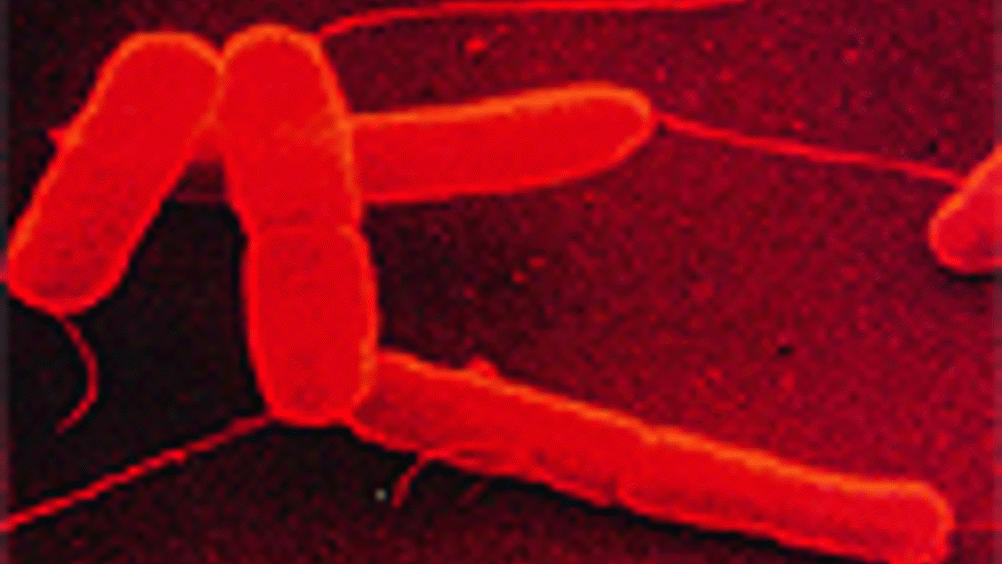Bacteria synthesiser
A new method of producing next-generation biofuels makes use of genetically modified Escherichia Coli bacteria.

Researchers at the UCLA Henry Samueli School of Engineering and Applied Science have developed a new method of producing next-generation biofuels by genetically modifying Escherichia Coli (E.Coli) bacteria to make it an efficient biofuel synthesiser.
The method was developed by UCLA Prof of chemical and biomolecular engineering James Liao, postdoctoral fellow Shota Atsumi and visiting Prof Taizo Hanai.
Biofuels, like commercially available ethanol, are produced from agricultural products such as corn, sugarcane or waste cellulose. Ethanol, however, has limitations — it is not as efficient as gasoline and must be mixed with gas for use as a transportation fuel. It also tends to absorb water from its surroundings, making it corrosive and preventing it from being stored or distributed in existing infrastructure without modification.
Higher-chain alcohols have energy densities close to gasoline, are not as volatile or corrosive as ethanol, and do not readily absorb water. Furthermore, branched-chain alcohols, such as isobutanol, have higher-octane numbers, resulting in less knocking in engines. Isobutanol or C5 alcohols have never been produced from a renewable source with yields high enough to make them viable as a gasoline substitute.
Register now to continue reading
Thanks for visiting The Engineer. You’ve now reached your monthly limit of news stories. Register for free to unlock unlimited access to all of our news coverage, as well as premium content including opinion, in-depth features and special reports.
Benefits of registering
-
In-depth insights and coverage of key emerging trends
-
Unrestricted access to special reports throughout the year
-
Daily technology news delivered straight to your inbox










UK Enters ‘Golden Age of Nuclear’
The delay (nearly 8 years) in getting approval for the Rolls-Royce SMR is most worrying. Signifies a torpid and expensive system that is quite onerous...